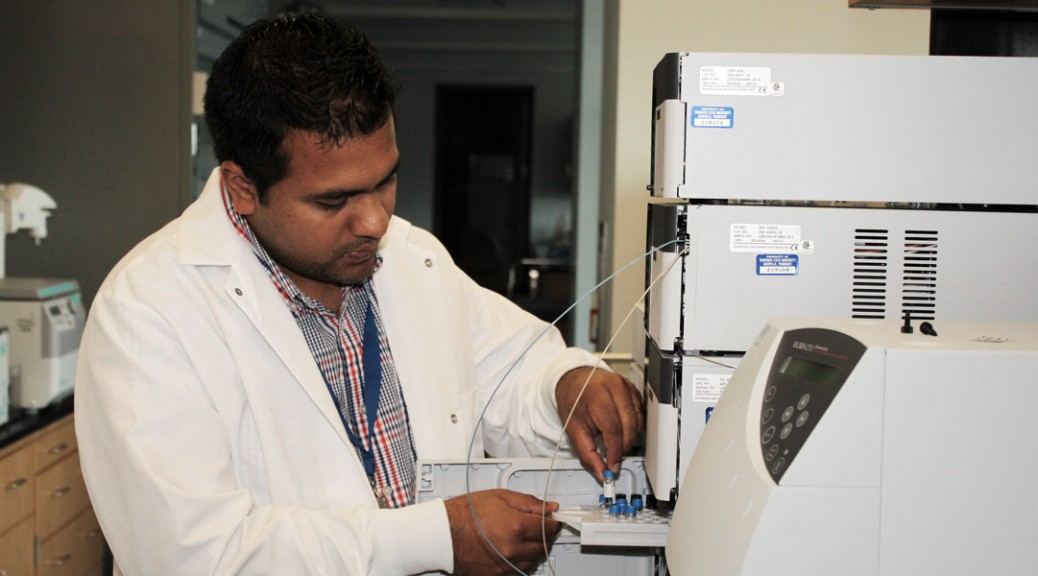Research to focus on preventing foodborne illnesses in consumers
NASHVILLE, Tenn. (TSU News Service) – A professor with the College of Agriculture, Human and Natural Sciences at Tennessee State University has received a $500,000 USDA grant to research new ways of preventing foodborne illness and increase the safety of the food production industry.

Dr. Ankit Patras, assistant professor of Agriculture Science received the grant as part of the USDA’s National Institute of Food and Agriculture’s $19 million funding awards, including more than $6.7 million for antimicrobial resistance studies to 36 universities across the country including Tennessee State, through the Agriculture and Food Research Food Safety Challenge.
The AFRI Food Safety Challenge is an annual round of federal funding that, according to the USDA, “promotes and enhances the scientific discipline of food safety, with an overall aim of protecting consumers from microbial and chemical contaminants that may occur during all stages of the food chain, from production to consumption.”
Patras’ project, titled “Steering Innovation for Treatment of Liquid Foods to Eliminate Pathogenic Microbes and Toxins Using Low Wave-length UV Irradiation,” will aim to improve the consistency and effectiveness of UV treatments of liquid foods like juice and milk. If successful, the new and improved techniques developed by this research will extend to the food industry and allow for the less expensive, more energy efficient UV treatments to replace traditional heat treatments like pasteurization. This project is supported in part by the Aquafine Corporation, Valencia, California.
“This project will enhance the understanding of irradiation processes and accurate UV dose delivery in different liquid foods,” Patras said. “This will effectively minimize the risk of infections stemming from food contaminations.” Additionally, Patras noted that the project will “foster long-term cooperation, knowledge exchange among students, and integration between academia and industry.”
Dr. Chandra Reddy, dean of the College of Agriculture, Human and Natural Sciences, recognized the opportunity for TSU the grant and the technologies will create.
“It feels great to receive this prestigious award from NIFA/USDA,” Patras said. “This will expand and strengthen our Food Bioscience and Technology program at TSU, allowing us to develop cutting-edge optical technologies and offer customized solutions to many of today’s disinfection problems in the food industry.”
Department of Media Relations
Tennessee State University
3500 John Merritt Boulevard
Nashville, Tennessee 37209
615.963.5331
About Tennessee State University
With more than 9,000 students, Tennessee State University is Nashville’s only public university, and is a comprehensive, urban, co-educational, land-grant university offering 42 undergraduate, 24 graduate and seven doctoral programs. TSU has earned a top 20 ranking for Historically Black Colleges and Universities according to U.S. News and World Report, and rated as one of the top universities in the country by Washington Monthly for social mobility, research and community service. Founded in 1912, Tennessee State University celebrated 100 years in Nashville during 2012. Visit the University online at tnstate.edu.
